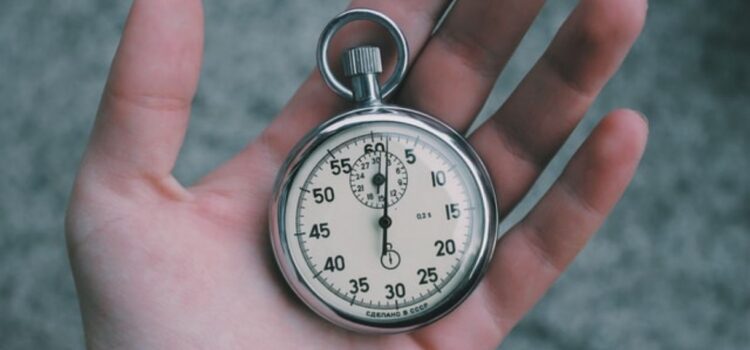What is Stephen R. Covey’s First Things First about? What is the key message to take away from the book? In his book First Things First, Stephen R. Covey presents a time-management approach that focuses on priorities, or “first things.” This approach teaches you to use your time effectively rather than efficiently. Using your time effectively means focusing on what you’re spending your time on, rather than how much time you’re spending. Here’s a brief overview of the key concepts.
Stephen Covey: First Things First—Book Overview










